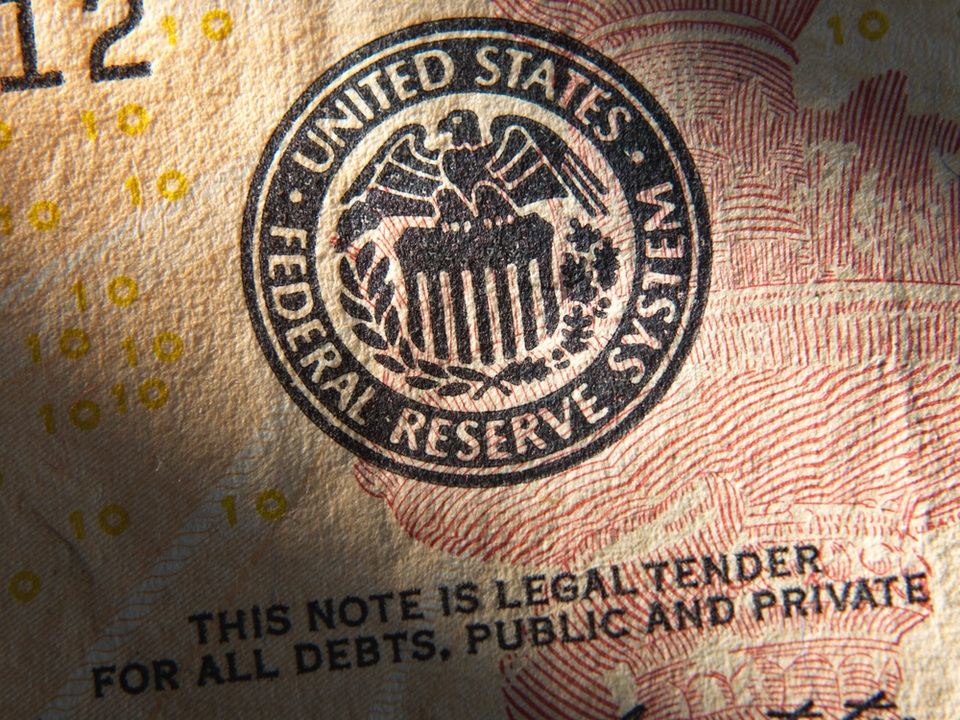If you’re wondering , “do banks buy gold?”, the answer is a resounding yes. With inflation rising dramatically, financial institutions currently purchase gold in large quantities.
Therefore, it is essential to understand the benefits of investing in gold to fully grasp how banks use gold investments to protect themselves against fluctuations in the market.
Central banks are the most significant global purchaser of gold and currently hold around 20% of the world’s gold. This refers to the total gold extracted and refined throughout history, which is an incredibly significant amount.
By itself, the United States government holds a reserve of more than 8,000 tons of gold, making up a significant portion of its overall resources.
While no other nation comes close to exceeding this number, most notable economic powers hold a substantial amount of gold and other precious metals.
Although the United States and other global superpowers have already accumulated significant stockpiles of gold, many nations continue to purchase gold in large quantities.
Russia and China are currently the leading buyers, although their reserves fall well short of the countries discussed above. As more countries mature and enter the global market, it’s likely that they will also invest in gold, ensuring a constant stream of buyers.
Because of its limited quantity and stable value, holding gold brings multiple benefits to financial institutions. Understanding these benefits will help you create your investment strategy and better understand the machinations of the stock market.
If you’re interested in learning more about why banks buy gold, this article will cover the basics.
Which Banks Usually Buy Gold

The primary purchasers of gold bars and coins are central banks. These banks control national money supplies, making it essential for their holdings to remain stable.
This role is a crucial responsibility within society, as currency destabilization can be catastrophic to an entire nation.
These banks use diversification to protect themselves from dramatic fluctuations in a particular asset and ensure stability. When applied by private investors, this strategy involves holding various separate assets to guarantee that a change in a single investment’s value doesn’t devalue the entire portfolio.
The process is very similar for central banks, but on a much broader scale.
Gold is a desirable asset to central banks for several reasons. Gold holds its value exceptionally well and typically grows at a consistent rate.
Gold also has specific qualities that make it excellent protection against inflation. For maximum stability, the ideal situation would be for nations to back all fiat currency with gold, but the limited quantity makes that untenable.
While central banks are the primary purchasers of gold worldwide, standard banks still participate in the practice. Essentially, central banks are the most prominent player because of their extraordinary resources and the importance of their role in society.
Inflation Protection

One of the primary reasons banks continue to purchase gold bars is that this asset can provide a safe haven from inflation.
Because gold holds a stable global value, substantial amounts enable financial institutions to protect themselves when their local currency fluctuates.
Inflation refers to how fiat currencies gradually reduce in value over time. This reduction is a natural process, as the consistent expansion of the supply of anything in circulation causes a decrease in each unit’s value.
However, inflation is not a uniform process, and the rate at which it occurs can fluctuate dramatically based on various factors.
Like the stock market, the dollar’s value is subject to the whims of investors. If most investors anticipate an increase in the inflation rate, their actions can make this a self-fulfilling prophecy.
Although the value of gold does fluctuate, it is generally far less vulnerable to this type of influence.
Beyond sheer stability, gold offers an additional hedge against inflation. In the United States, the value of gold has an inverse relationship with the dollar.
The term inverse means the opposite, indicating that gold’s value will rise when the dollar’s value drops due to inflation. The practical effect of this is that buying gold coins can allow you to stabilize the value of your portfolio even in the face of extreme inflation.
Stability

Throughout much of human history, national governments backed their currencies with gold held by the nation’s central banks. This practice meant that countries stockpiled gold to reflect the money in circulation.
While this provided excellent stability, the growing population and increased financial complexity around the world made this solution untenable in the United States and most other countries.
Since this development, the US dollar is no longer backed by gold, making it more vulnerable to fluctuation. Central banks are aware of this concern and continue to purchase gold to reduce the risk.
Ultimately, this action reveals uncertainty in the leadership of these financial institutions, as there would be no need for these stockpiles if they had complete trust in the stability of the paper currencies they provide.
Unfortunately, this fear is a rational one. While the dollar is remarkably stable for a fiat currency, it is not uncommon for inflation to significantly damage the value and stability of these currencies.
So now that you know the answer to the question of “do banks buy gold?” and why, you may be wondering if buying gold can provide similar benefits to private investors.
As a Growth Strategy
While gold provides various secondary benefits that make it a compelling investment option, it can still be profitable on its own. Many banks choose to purchase gold as a long-term investment to facilitate long-term growth.
Gold is a stable asset and typically rises in value, so this is a reasonably sound strategy.
Even national governments notice these benefits, with the federal governments of multiple countries investing heavily in precious metals.
Moreover, national governments tend to take a long-term approach to investment, so this action is a positive sign regarding the viability of the investment.
Do These Benefits Apply to You

While private investors do not have the same assets to leverage as central banks, the principles that make gold a prudent investment hold true for everyone.
If you’re concerned with inflation reducing the value of your portfolio, buying gold can be an excellent way to protect yourself.
The dollar’s value is highly vulnerable to political machinations, with the value sometimes fluctuating dramatically based only on the comments of those in power.
In times like these, it can be unwise to simply trust that those in charge have your best interests in mind.
With the threat of recession looming, investors need to use caution when choosing which assets to purchase. Inflation rates have risen dramatically, and the pandemic has destabilized the economy to a concerning degree.
While we certainly hope things return to normalcy soon, it’s always prudent to prepare for the worst.
Fortunately, gold’s value is far more stable than the dollar’s. Gold is a highly safe investment because it has global value and is available in an inherently limited supply.
While it is typically challenging to profit in the face of inflation or a stock market crash, including gold in your portfolio can provide valuable protection against asset depreciation.
Protect Your Loved Ones
While banks and other financial institutions are motivated only by dollars and cents, we know that there are other factors for you to consider.
So, if you’re concerned about being able to support the ones you love now and after you’re gone, investing in gold can be an excellent way to begin planning for their future.
While a wide range of options is available for providing for your family through trusts and other means, most of these are highly vulnerable to market fluctuations.
For example, even college funds are susceptible to devaluation by inflation or market crashes, which are significant concerns in today’s economic climate.
Fortunately, a more stable option exists. Gold maintains its value exceptionally well, making it an excellent option as an asset to be passed down.
So, if you’re concerned about the comfort and future of your family, transitioning a portion of your assets into gold is an effective way to maintain value.
Get Started

By reading this article, you’ve done more than answer the question: do banks buy gold? You also learned a lot about the role gold plays in banking and investments and the unique advantages it can bring.
We also discussed how these benefits could apply to private investors as well.
We know that the current economic climate is causing stress for many of us. It’s vital to consider potential outcomes and plan for potential issues, and investing in stable assets can be an excellent place to start.
Maintaining a portion of your assets in gold and other durable assets can grant valuable peace of mind even in uncertain times.
When you decide to purchase gold as an investment, Learn About Gold can help you figure out the next steps. We have the answers to many more questions besides, “do banks buy gold?”.
Our site is the best place to learn about the benefits of investing in gold and enables you to compare leading options for purchasing. If you’re interested in purchasing gold, visit our website today at https://learnaboutgold.com/.





